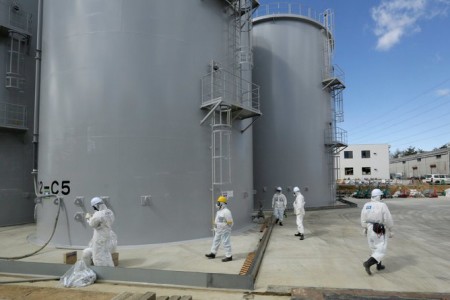China announced plans to land its first space probe on the moon by the end of this year, the nation’s State Administration of Science, Technology and Industry for National Defence told state media on Wednesday.
It would be the first time China has landed a space probe on any celestial body.
The unmanned probe is the Chang’e-3, and the mission “makes best use of a plethora of innovative technology. It is an extremely difficult mission, that carries great risk,” Ma Xingrui, head of China’s space program and chief commander of the lunar program, told the Xinhua news agency.
The mission, which includes orbiting, landing, and returning to Earth, will be launched from the Xichang Satellite Launch Center in southwest China, the space agency revealed.
It would be the first soft-landing on the moon’s surface since the United States’ Apollo missions in the 1960s and 1070s, and China’s first-ever attempt.
The mission is the second phase of China’s lunar program, with earlier missions having plotted a high-resolution, full-coverage lunar map.
The Obama administration decided in 2010 to abandon NASA’s plans to return to the moon, which gives China an opportunity to become the second country to land a man on the moon.
China’s space budget, estimated to be $2 billion per year, is just one-tenth the size of NASA’s.
Since first sending astronaut Yank Liwei into orbit in 2003, China’s has accelerated its program, conducting 18 space launches in 2012, according to the Pentagon.
NASA has pledged to land a man on an asteroid by 2025, but experts believe the U.S. government has no plans for more moon missions.
“NASA is not going to the Moon with a human as a primary project probably in my lifetime. And the reason is, we can only do so many things,” said NASA administrator Charles Bolden in a speech to a joint meeting of the Space Studies Board and the Aeronautics and Space Engineering Board in Washington this year.
“I don’t know how to say it any more plainly,” he asserted. “NASA does not have a human lunar mission in its portfolio and we are not planning for one.”
Rather, he insisted NASA’s focus would be on human missions to asteroids and to Mars. “We intend to do that, and we think it can be done,” he said.
Michael Griffin, a former chief administrator at NASA, during testimony before the Senate in 2007, said he thought it likely that “China will be able to put people on the moon before we will be able to get back.” Image/AP




